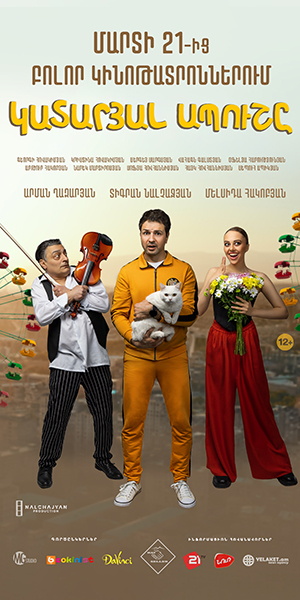According to a CBC report, some Syrian refugees housed through a government program are struggling to make the adjustment to their new surroundings.
Canada won considerable global acclaim last month as it began the process of resettling some 25,000 Syrian refugees over the next year. The recently elected Liberal government of Prime Minister Justin Trudeau championed the effort, which involves both state and privately backed initiatives. Trudeau personally greeted the first batch of Syrian arrivals at an airport in Toronto in mid-December.
The CBC report details the plight of a group of Syrian refugees housed by the government at a budget hotel in Toronto. Some have complained to volunteers that they feel cooped up and helpless. A local volunteer explained more:
Virginia Johnson, one of two volunteers working at the hotel, joined CBC Radio's Metro Morning on Monday to speak to host Matt Galloway.
Johnson said the refugees have been at the hotel for weeks and have no idea when they will be able to leave. Some of the 85 government-sponsored refugees say they're not getting much help, and would rather go back to their refugee camps in Jordan and Lebanon.
The difficulties they face may be less stark than those in their war-torn homeland, but the feeling of helplessness and isolation in a foreign land takes its own toll. The refugees are coping with winter cold and have complained of a lack of support and access to medical help. In Edmonton last week, dozens of Syrian refugees all reportedly came down with the flu.
Speaking to reporters, Syrian refugees in places as far-flung as Germany and Uruguay have all lamented their sense of alienation in their new homes. Some have even attempted return journeys.
The CBC interviewed Zaneb Adri Abu-Rukti, a Syrian mother at the hotel, who spoke through a translator:
We were told that when we arrived to the hotel that we would only be staying for three to four days maximum. However, things have been changed and we've been here for 10 to 11 days, and we've been told it could be even longer. The problem is that we have kids and we would rather be outside in a settled house than sitting at a hotel," Abu-Rukti said.
"We feel like our kids are just stuck here. We go into one room, we eat, and then we return to other room and just go to bed. Our kids don't have anywhere to play, nowhere to go out. We feel like we're just trapped in a prison."
Volunteers and aid workers tell the CBC that there's a particular disparity between the conditions of privately sponsored refugees and those supported by the government, whose resources appear to be stretched.
A critical column this week in the Toronto Sun urged the federal government to rely more on the aid of charities, churches and families to support the refugees and make up for the government's own failings.




































































